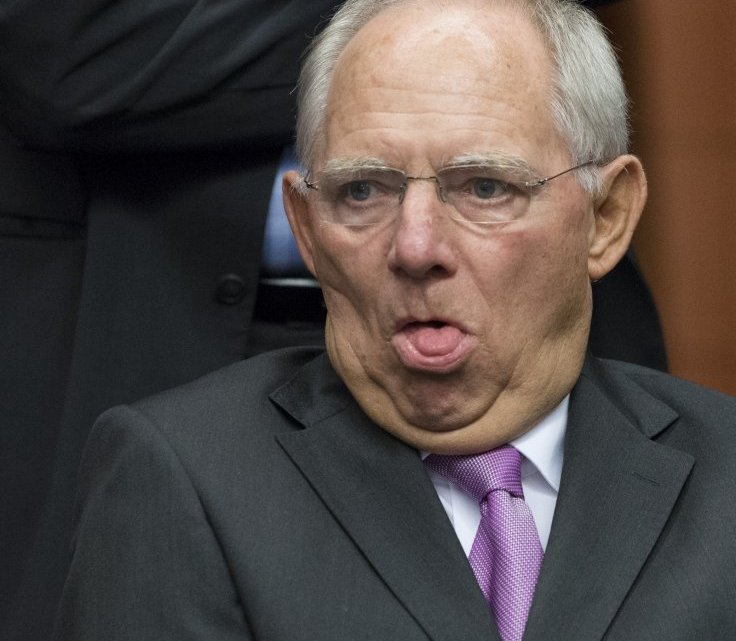
German prosperity: a nightmare for 40% of its citizens

The German economic miracle has its dark side, demonstrated by a massive budget surplus of 1.2% of GDP – that being 38.2 billion euros in 2017 – that’s causing the country’s infrastructure to tumble, which is now the worst infrastructure of all the rich and industrialised nations. Germany’s disproportionate public saving is causing under-investment within the country, and is substantially contributing to the destabilisation of the business world as a side-effect.
For Germany, the consequences of its frugality are harmful first and foremost to itself, since every year the country comes between 16th and 30th place in the World Economic Forum rankings in terms of the quality of its road, rail and even internet connection infrastructure! Overall, the country’s public powers are setting a bad example for the private sector that is also, like the government, limiting its own investments in production tools, just like it’s limiting its investments in companies in general.
The Harz reforms, also known as “Agenda 2010”, put in place in 2003 and 2005, which I have widely commented on and analysed over many articles and works, are not the sole explanation for the very depressed social and infrastructural climate in Germany. While the unemployment rate is now reaching record lows in the country, the number of hours worked by Germans has been falling constantly for 20 years. Let’s make sure to accurately interpret these statistics, since it is not a matter of a general shift in the country’s workers, having decided to reduce their number of working hours in order to make the most of their free time while the national job market is booming.
In reality, the explosion of insecurity in Germany tells a whole other story, because this disconnection between a falling unemployment rate and a reduction in the number of working hours equates to a fifth of German wage earners who are paid derisory amounts, that being about 11 euros an hour. Not content with presiding over the advent of a sub-class of workers – a phenomenon that is already in itself scandalous in a Germany that is meant to be rich and prosperous –, the country’s authorities are imposing abhorrent tax rates on them, as if to punish them for the misery that they find themselves in. These “low-cost” German workers must in fact pay a 45% tax on their low wages, 13% higher than the average of the other OECD countries. In fact, since the beginning of these statistics in 2000, it’s the low-wage German workers who have taken top spot in terms of their tax rate.
Merkel may well affirm and repeat that Germans now live in “the best Germany ever”, but she seems not to be overly worried by this army of the poor – indeed very poor – who are all compatriots and have nothing else except for their meagre salary: no assets, no property, no savings, basically nothing in their bank account. It’s effectively no less than 40% of the population of Germany that now finds itself excluded from the German mirage and who – according to a survey on ARD’s channel – now attribute on their list of main trepidations the same importance to social inequalities as they do the refugee problem.
So, prosperity and the unemployment rate in Germany: miracle or mirage?
Dear readers,
This blog is yours: I maintain it diligently, with both consistency and passion. Thousands of articles and analyses are available to you here, some dating all the way back to 1993!
What were once considered heterodox views on macroeconomics have, over time, become widely accepted and recognized. Regardless, my positions have always been sincere.
As you can imagine — whether you’re discovering this site for the first time or have been reading me for years — the energy and time I dedicate to my research are substantial. This work will remain volunteer-based, and freely accessible to all.
I’ve made this payment platform available, and I encourage you to support my efforts through one-time or recurring donations.
A heartfelt thank you to all those who choose to support my work.